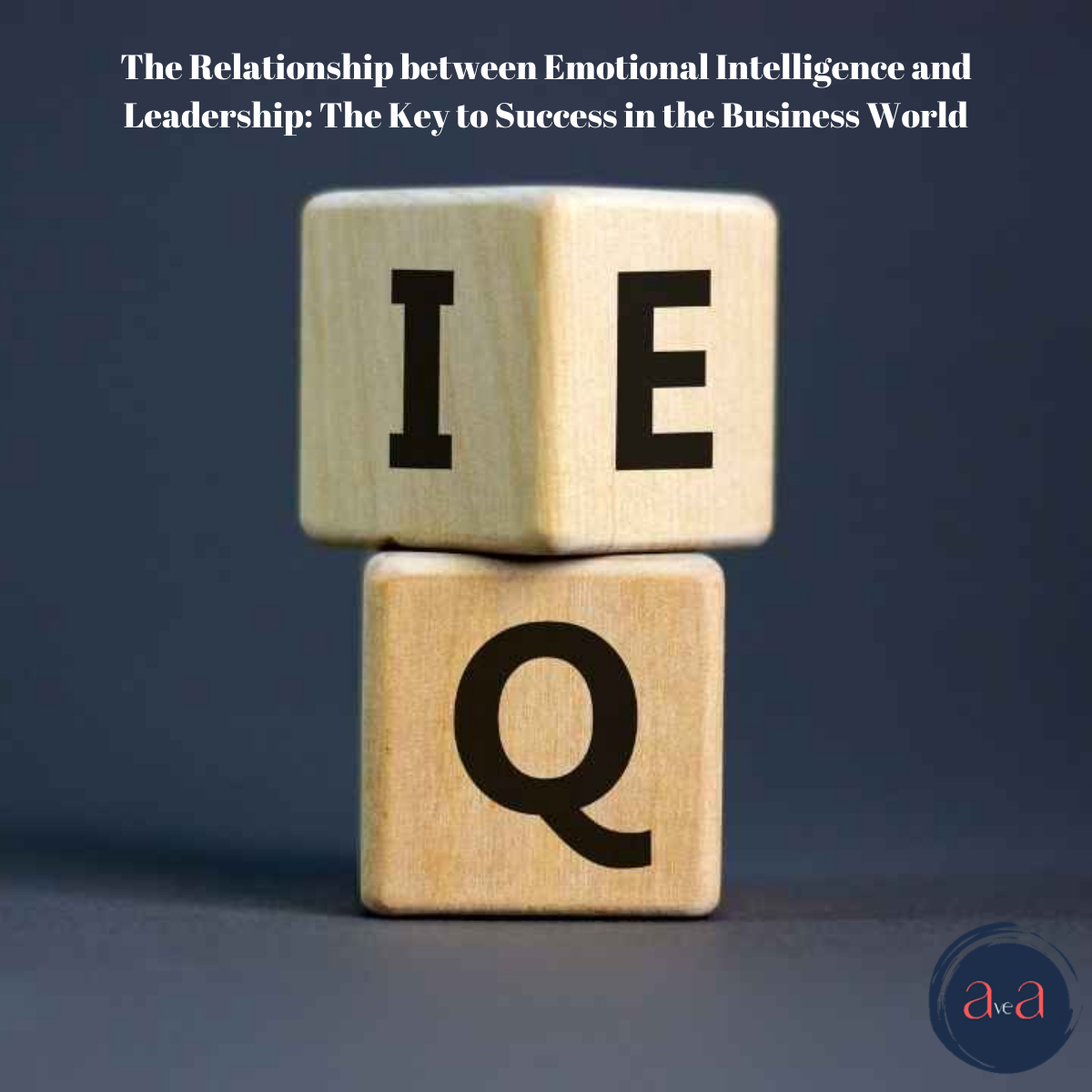In today’s business world, the emotional intelligence of leaders is becoming more and more important. Emotional intelligence is a person’s ability to understand themselves and others, manage their emotions, and effectively manage their social relationships. A leader’s emotional intelligence is an important factor for the success of the business.
World Economic Forum describes it in this way: “Emotional intelligence is the ‘something’ in each of us that is a bit intangible. It affects how we manage behavior, navigate social complexities, and make personal decisions that achieve positive results.”
Emotional intelligence plays an important role in a leader’s success because leaders constantly have to deal with the challenges they face while running their businesses and increase the motivation of the team. A leader with high emotional intelligence understands the needs of employees and can implement appropriate strategies to increase their motivation. This is crucial for increasing the success of the business because it has a direct impact on the motivation of the employees, the productivity of the business, the quality of work and customer satisfaction.
Emotional intelligence also affects leaders’ ability to deal with crisis situations. Leaders have to take steps to manage the concerns of employees and customers and resolve the crisis in times of business crisis. A leader with high emotional intelligence can stay calm, show determination and effectively manage crisis in such situations. This is crucial to maintaining the reputation of the business and gaining the trust of customers. Emotional intelligence also helps leaders empathize with their employees. By understanding the needs and concerns of his employees, a leader can take appropriate steps to improve the performance of the business. This can keep employees happy and satisfied within the business, which is critical to the success of the business.

